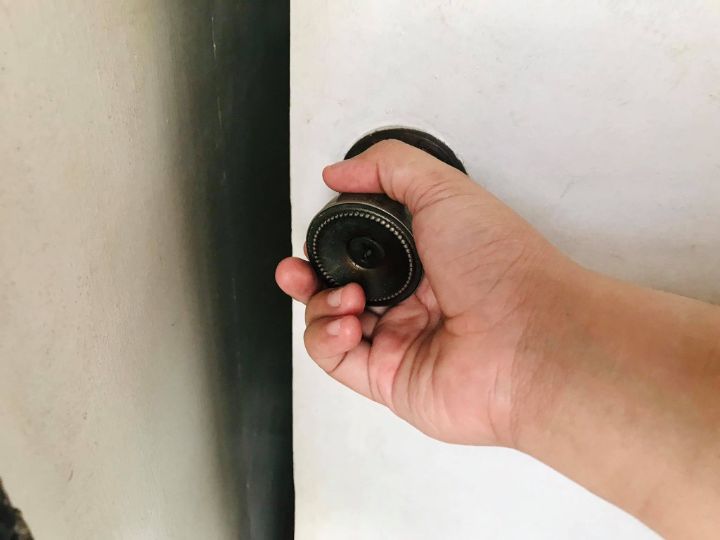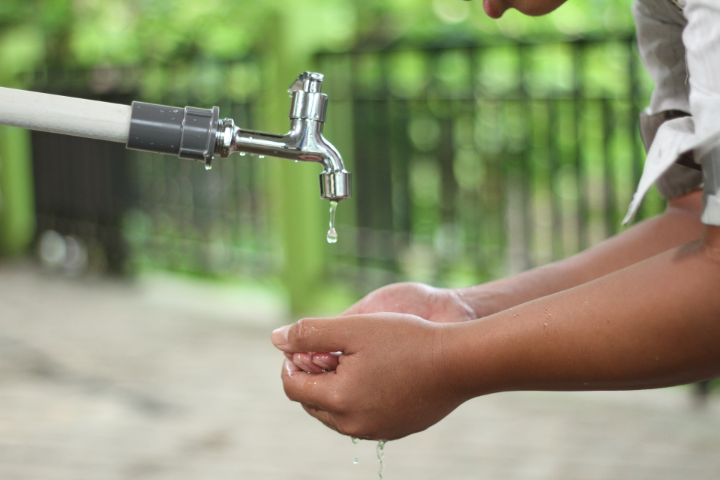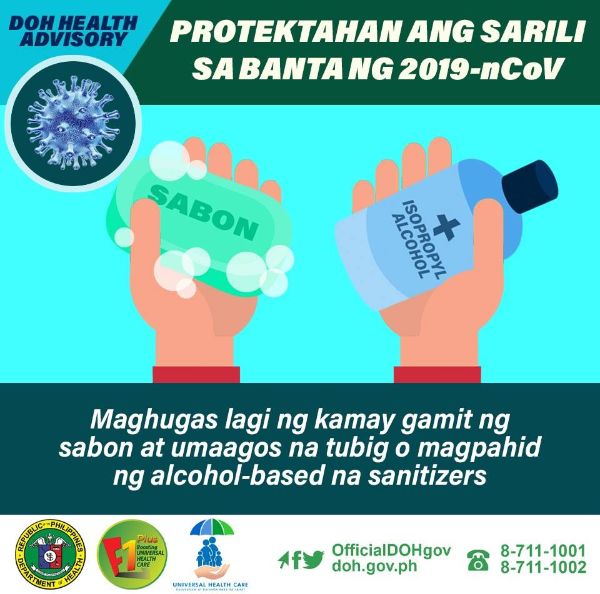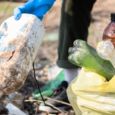Filipinos are known for their cheerful and often carefree outlook in life — and perhaps this is how the “pwede na” mentality developed. But during these times, a “pwede na” mentality especially involving health and hygiene is not enough. Even just properly washing your hands and practicing safe wash are proven to help prevent viruses and sickness from spreading, and protect your and your family’s health.

Filipinos not aware of proper safe wash practices, survey reveals
The 2020 Philippines Handwashing Habits Survey was conducted this September among Filipino men and women between ages 18-50. The survey aims to better understand Filipinos’ handwashing habits, as the World Health Organization (WHO) emphasizes that handwashing is the first line of defense against the spread of viruses.
But the results of the survey are concerning. Although it discovered that Filipinos now wash their hands more frequently than before, this does not necessarily mean they are doing it properly. Not all handwashing incidents are equal, and not everyone practices safe wash.

First off, the survey shows that more than 50% of Filipinos only wash “quickly with soap and water,” which does not meet public health recommendations. The guideline is at least 20-30 seconds of thorough scrubbing — or approximately as long as one Happy Birthday song. The study also revealed that many Filipinos would prefer using alcohol or sanitizers instead of washing their hands, even when soap and water are available.
Washing your hands with soap and water is still the best way to get rid of germs, according to the Centers for Disease Control and Prevention (CDC), and that alcohol or sanitizers should only be used when there is no access to soap and water. This is because sanitizers are not able to get rid of all germs, and won’t rid your hands of dirt or grease unlike soap.
But even more alarming is how the survey found out that Filipinos do not realize the key times on when to wash their hands. Majority of the respondents recognized “before eating” and “after coming home from outside” as important times to wash hands, but not after using the toilet, after eating, and after shaking another person’s hands. But viruses spread through person-to-person contact, like through respiratory droplets from cough or sneeze. So when you wash your hands, you’re not only protecting yourself from sickness — you’re protecting others, too.
DOH promotes safe wash habits in Filipinos

The Department of Health (DOH) leads the fight by promoting safe wash habits in Filipinos. In August, they launched their nationwide information campaign with their easy-to-remember BIDA Solusyon Guidelines. These guidelines aim to encourage Filipinos to make positive changes in their habits to help limit the spread of viruses and sickness in the country. Highlighted in this guideline is the importance of proper handwashing.
At a time like this when viruses are all around us, you can’t be too careful. After all, prevention is always better than cure. So don’t forget to always practice safe wash, because this time, hindi na pwede ang “pwede na.”




